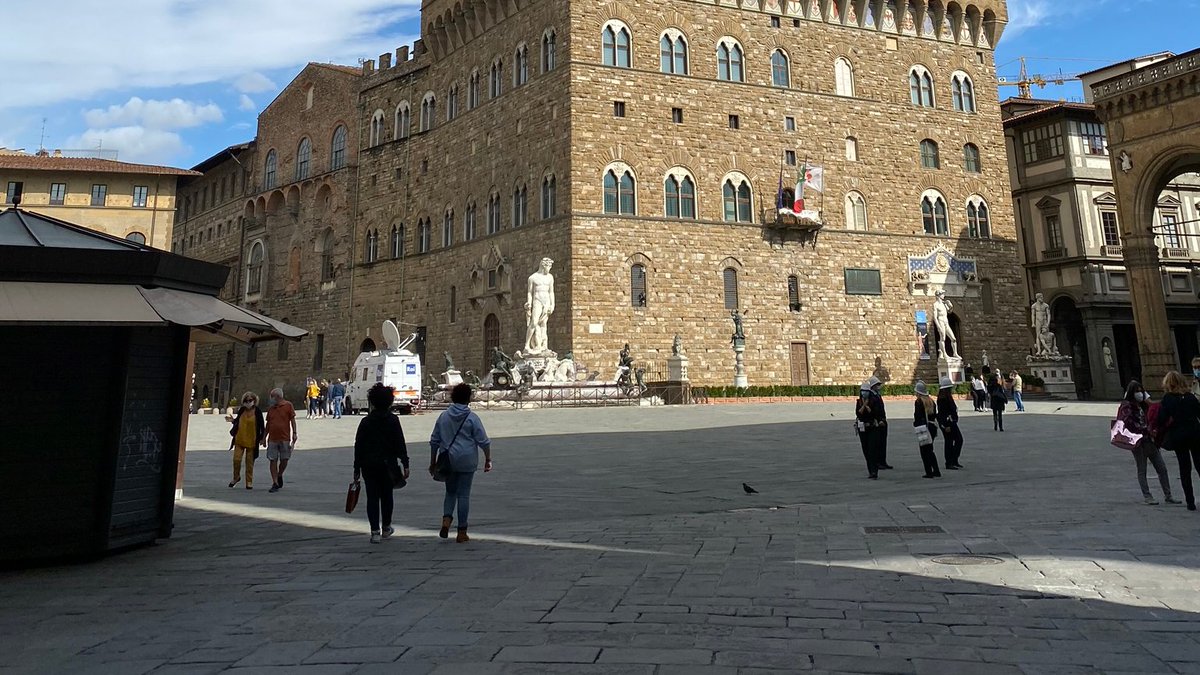
The #EUTradeReview is out. Is it fit for purpose? What is good, what is not and what is missing? A quick thread to sort my thoughts. (1/13)
I like the beginning of it: #geoeconomics is making the #trade world riskier and reinforcing the rules base system is a good idea to create more stability. (That's also what I argue in my book on EU #trade strategy which you find here: voxeu.org/content/europe…) (2/13)
But then there is not much mentioning of geoeconomics in the text. Standard risk management plus technological regulatory cooperation isn't sufficient to counter these threats. There is too little thinking of aligning trade policy with foreign policy (3/13).
I like that the TPR emphasises openness and doesn't play to a rhetoric calling for reshoring. Yet it brings in a risk management perspective: monitoring, diversification and building buffers into supply chains. That is for me the right approach. (4/13)
WTO reform is very prominent. Which I can also support whole heartedly! Also delighted to see many proposals that @GED_Tweet has made over the years in the annex on WTO reform (you can cross-check here: ged-project.de/trade-and-inve…) (5/13)
With a new US administration, a new DG and a Ministerial Conference coming up, I hope we have a window of opportunity for a serious agenda on WTO reform! (6/13)
I like that the digital and green transformation has been given a lot of prominence! Especially in digital and technology, I would have liked to see more how the EU can step up its own game and become more competitive. Much of this has to do with... (7/13)
... developing the Digital Single Market further and a stronger research and innovation policy, so not classic trade policy - yet still important.
On green issues, I like that this is given much importance and the further cooperation is sought with other trade partners. (8/13)
On green issues, I like that this is given much importance and the further cooperation is sought with other trade partners. (8/13)
But what would have been really great is to look for an opportunity to find a plurilateral solution for carbon pricing/coordinating emissions reduction schemes to make use of the political window of opportunity we currently have. (9/13)
I'm also all fine with more assertiveness. Pacta sunt servandi - and if we want to have a rules-based system we must have rules enforcement. (10/13)
Africa and the Neighbourhood are given a very prominent place. Which on the one hand I salute, because Africa's opportunities and challenges demand more attention from EU policymakers. Yet the fact that... (11/13)
...there is very litte on further developing economic ties with Asia beyond China makes me a bit uneasy. This is where the centre of gravity of the global economy is going to be. While the EU has already a deep network of trade agreements in the region, more can be done. (12/x13)
So, in conclusion, a largely good and helpful document! It is missing (imho) some issues and ought to make others more prominent (geoeconomics, asia). But that can be done within this framework. (13/13)
• • •
Missing some Tweet in this thread? You can try to
force a refresh



